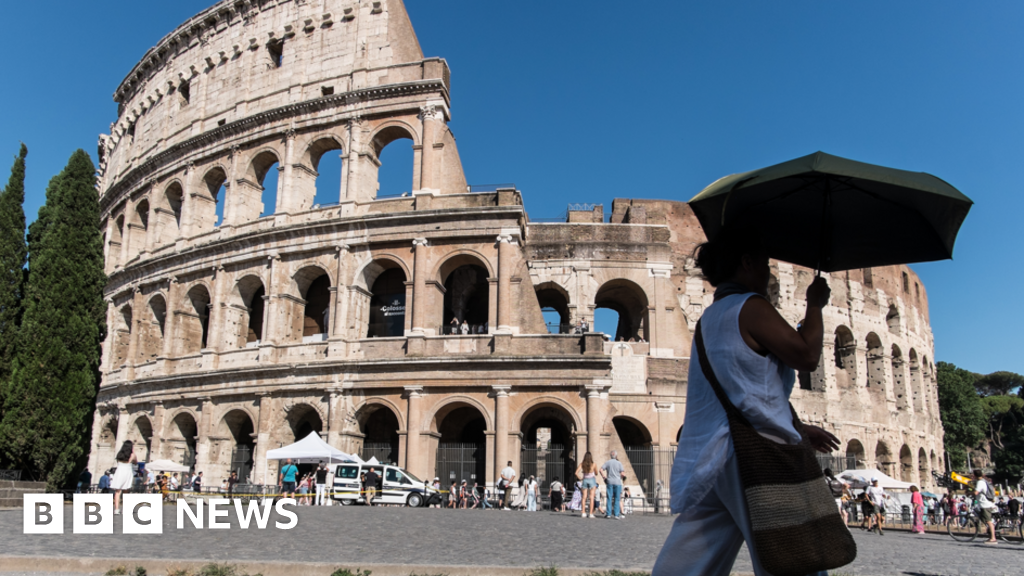By Thomas Mackintosh
While the heatwave is a potential health issue, it is also impacting the environment. Higher temperatures in the Adriatic Sea are encouraging invasive species such as the poisonous lionfish, while also causing further stress on alpine glaciers that are already shrinking at record rates.
The UN’s human rights chief, Volker Turk, warned on Monday that the heatwave highlighted the need for climate adaptation – moving away from practices and energy sources, such as fossil fuels, which are the main cause of climate change.
“Rising temperatures, rising seas, floods, droughts, and wildfires threaten our rights to life, to health, to a clean, healthy and sustainable environment, and much more,” he told the UN’s Human Rights Council.
Heatwaves are becoming more common due to human-caused climate change, according to the UN’s Intergovernmental Panel on Climate Change.
Extreme hot weather will happen more often – and become even more intense – as the planet continues to warm, it has said.
Richard Allan, Professor of Climate Science at the University of Reading in the UK, explained that rising greenhouse gas levels are making it harder for the planet to lose excess heat.
“The warmer, thirstier atmosphere is more effective at drying soils, meaning heatwaves are intensifying, with moderate heat events now becoming extreme.”
